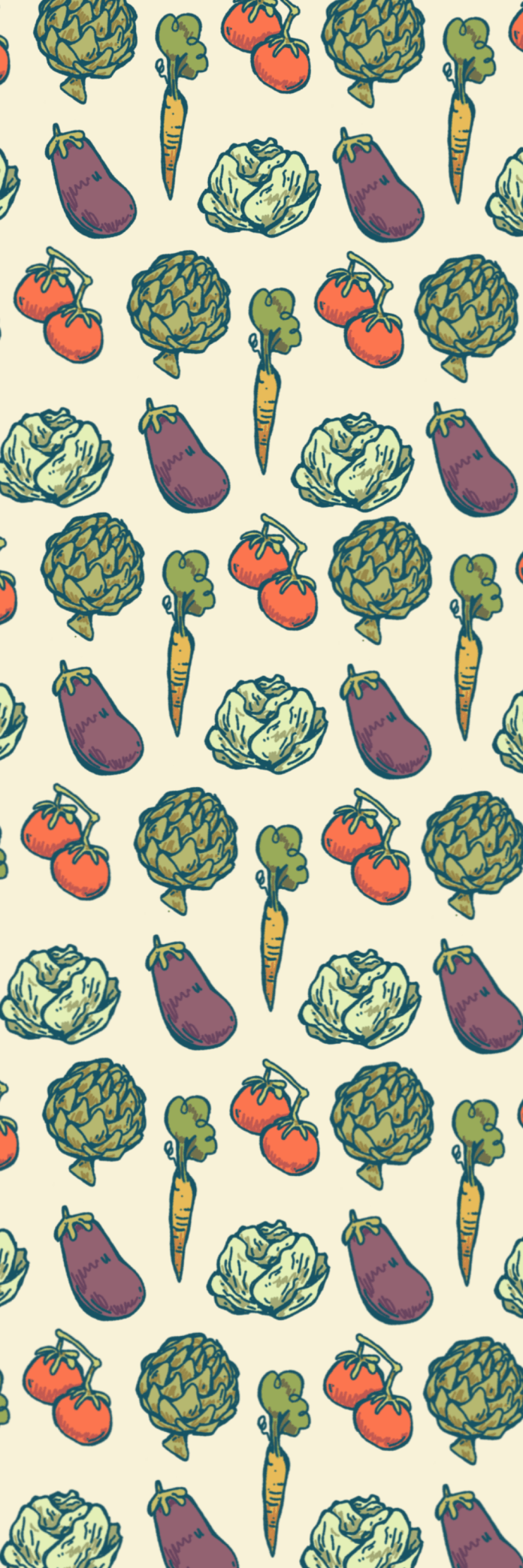Vegetation expert Rick Falconer joined The Agribusiness Club for another installment of their guest speaker series on March 1.
Falconer is the managing director at Rijk Zwaan, a global vegetable breeding company dedicated to improving the taste of vegetables and seed sustainability.
The industry splits into various divisions, and Falconer calls these sectors the four F-words: food, feed fiber, and fuel.
California has the most extensive presence in the U.S. seed business, with over 500 registered companies holding state seed licenses, a requirement in the highly regulated industry.
Falconer presented the local business branches in Monterey and San Benito counties, outlining each division’s employment opportunities and responsibilities.
Seed tech companies condition crops, enhancing planting for farmers, while retail seed distributors sell to growers.
The central coast is a strategic area for breeding, an agriculturally advanced place that provides high-quality production.
While opportunity runs high in the business, numerous challenges exist in farming operations.
Root-knot nematodes pose a severe threat to carrot breeding, but developing resistant traits in crops combats infection, establishing immunity in vegetable varieties.
Falconer shared three images of infection effects on carrots, from deformity to bitter taste. Fighting plant-parasites has been a problem for years.
Root-knot nematode resistance has improved since Falconer arrived in the seed breeding business, and narrowing the development period of conditioned plant varieties remains a priority.
After concluding his industry overview, Falconer proceeded to his business presentation, discussing his work at Rijk Zwaan and the family-owned company’s operations.
Falconer and his team are responsible for refining food quality, breeding, producing, and selling vegetable seeds.
Rijk Zwaan covers thousands of different seed varieties and 30 other crop species.
Depending on the crop, it can take up to 12 years to develop a variety, and it’s followed by a vetting process of testing success by planting in deliberate market locations.
The number of hungry people is rising and by 2050, the world will require double what the industry produces today with less water, land, and chemicals.
“For the seed industry, we look at this as a challenge,” Falconer said. “We can do it, and I think there’s optimism.”
During the Q&A portion of the event, Agribusiness Club president Miranda Sampson asked if the breeding system was similar to Punnett squares.
Falconer agreed with the comparison and emphasized that the procedure has elements of science and art, to be creative and have an eye for producing new varieties.
Students looking for internships can apply for hands-on farming, marketing, logistics, and warehouse positions offered by Rijk Zwaan.

